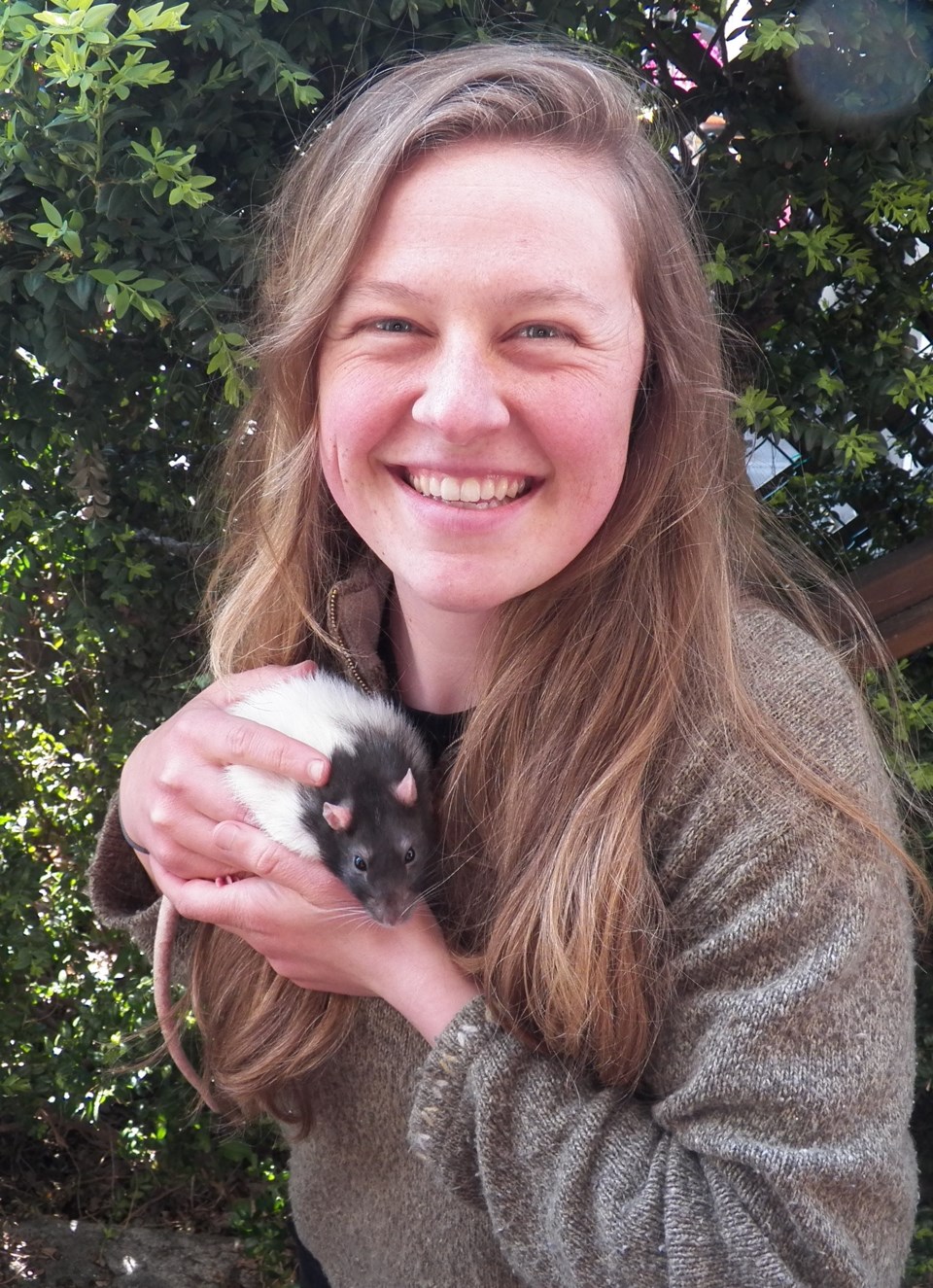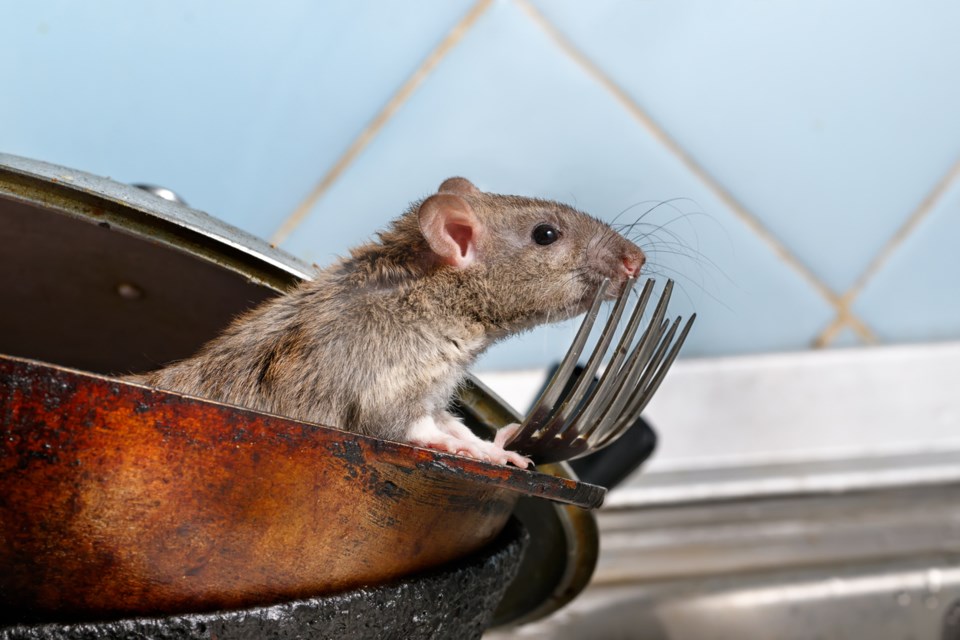Eldon Graves is fed up with seeing rats in his New Westminster neighbourhood.
Graves contacted the Record about seeing so many of them in the area of 12th Street and 8th Avenue.
“The rats run around in the daytime playing like squirrels in heat,” Graves said.
He says part of the problem is when houses are demolished to make way for new developments, essentially “evicting” the rat tenants.
“The rats that live in those houses move to the next property, as in our neighbourhood,” he said.
That could be one reason. Another could be COVID-19’s impact on the restaurant business.
Pest control companies are warning the spike in restaurant closures due to COVID-19 could be a recipe for an explosion in the area’s rat population.
“If restaurants stop operating, there’s going to be a scarcity of food resources, driving them to other locations,” said Jamie Kiffiak, the owner of Tri-Cities Pest Detectives.
Some will go into neighbouring shuttered businesses as they seek new places to shelter, but others will follow the food.
“Rats are consensual rodents, so they live alongside people, depending on us for food and shelter. They go where we go,” said Kiffiak.
There are two species of rat in Metro Vancouver — the brown, or roof rat, which by nature is often a tree-dweller, and the black, or Norway rat, what Elana Varner, who studies rodent ecology as a PhD student at Simon Fraser University, calls “your classic city-dwellers."
When wet, cold weather turns dry and sunny, rats tend to move outside, sheltering in blackberry bushes or other shrubs. Rats are also known to take refuge in people’s car engines, where they chew up wires and hoses often coated in a soy-based shielding.
“That can be a very expensive problem,” said Kiffiak.
Like many rodents, rats are also prolific breeders. Females can have a litter of up to a dozen pups once a month. Within two to three months, those babies become sexually mature, ready to start the breeding cycle all over again.
“You can have a significant population explosion in a relatively short period of time,” Kiffiak said. “It’s something that we’re anticipating. Might be a month or so or two months.”
Varner, however, said the impact of the human quarantine on rat behaviour may be more complicated, and a sudden drop in human food sources around closed restaurants could lead to a decline in the rat population. That’s because rats are extremely territorial, with often one family occupying a city block.
How a city’s commercial and residential neighbourhoods interlock can be a key factor in whether a rat family finds a migration corridor from your favourite eatery — now closed — to your door.

Things could get nasty.
Varner points to other cities in North America where scarcity in food has led to territorial clashes and emboldened behaviour.
“We might see them battling on the street,” she said, not to mention cannibalism and infanticide.
For a researcher immersed in rodent ecology, Varner said the current pandemic opens up a window on the dangers of close proximity between humans and wild animals.
Controlling the rat population and the diseases they carry comes down to a collection of individual choices. Where Kiffiak often resorts to trapping and killing rats, both he and Varner agree some of the best measures are preventative.
Cities often bang the drum about keeping bear attractants stowed away, and those same lessons apply to rats, which Varner said can easily chew through thick plastic to get at food waste tossed in the trash instead of the compost.
“Fruit trees are a big one too, so harvest everything you can as soon as you can,” said Varner.
- With files from Stefan Labbe, Tri-City News



